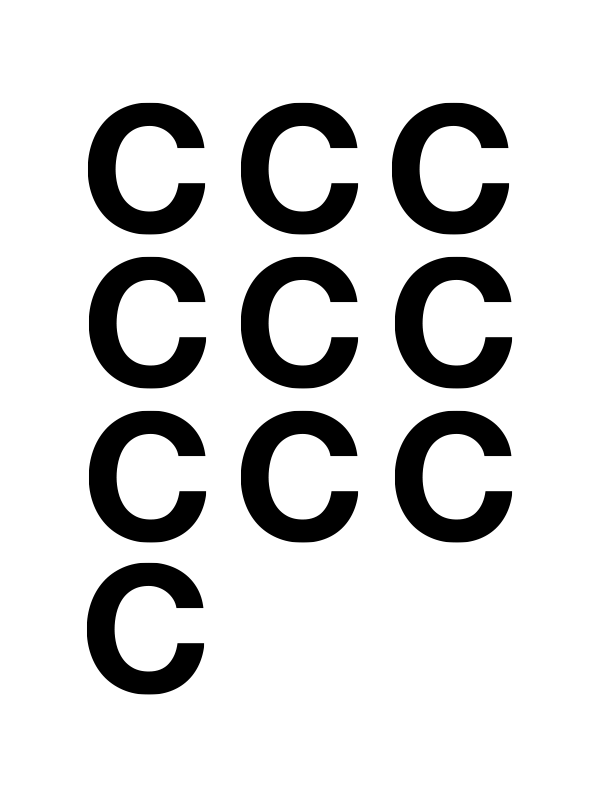European Skills Agenda
Short Form:
EU Up- and Re-skilling Initiative
Definition:
The European Skills Agenda is a comprehensive policy framework established by the European Union (EU) to address skill development and employment challenges across member states. It sets priorities and initiatives to enhance the skills of the European workforce, promote lifelong learning, and support economic growth and social inclusion.
Application:
The European Skills Agenda is applied at the EU level to guide policy development and coordination among member states. It aims to bridge skill gaps, align education and training systems with labor market needs, and foster mobility of workers within the EU.
Examples:
- Digital Skills Training: The European Skills Agenda includes programs to improve digital literacy and skills, ensuring that Europeans are well-equipped for the digital economy.
- Vocational Education: It promotes the modernization of vocational education and training systems to better prepare individuals for in-demand careers.
- Green Skills: Initiatives under the agenda focus on developing skills related to sustainability and the green economy, addressing environmental challenges.
Key Characteristics:
- Policy Framework: Provides a structured approach to address skills and employment challenges.
- Alignment: Aligns education and training with labor market demands.
- Inclusivity: Aims to reduce disparities and promote social inclusion.
- Adaptability: Adapts to evolving economic and technological changes.
Significance:
The European Skills Agenda is significant as it plays a pivotal role in shaping the EU’s workforce and ensuring its competitiveness in a global economy. It addresses critical issues such as unemployment, skills mismatches, and societal inclusion while fostering economic growth and innovation.
Related Terms:
- European Union (EU):The political and economic union of 27 European countries.
- Lifelong Learning: The concept of continuous learning and skill development throughout one’s life.
- Labor Market Policy: Government policies and strategies related to employment, workforce development, and job creation.
